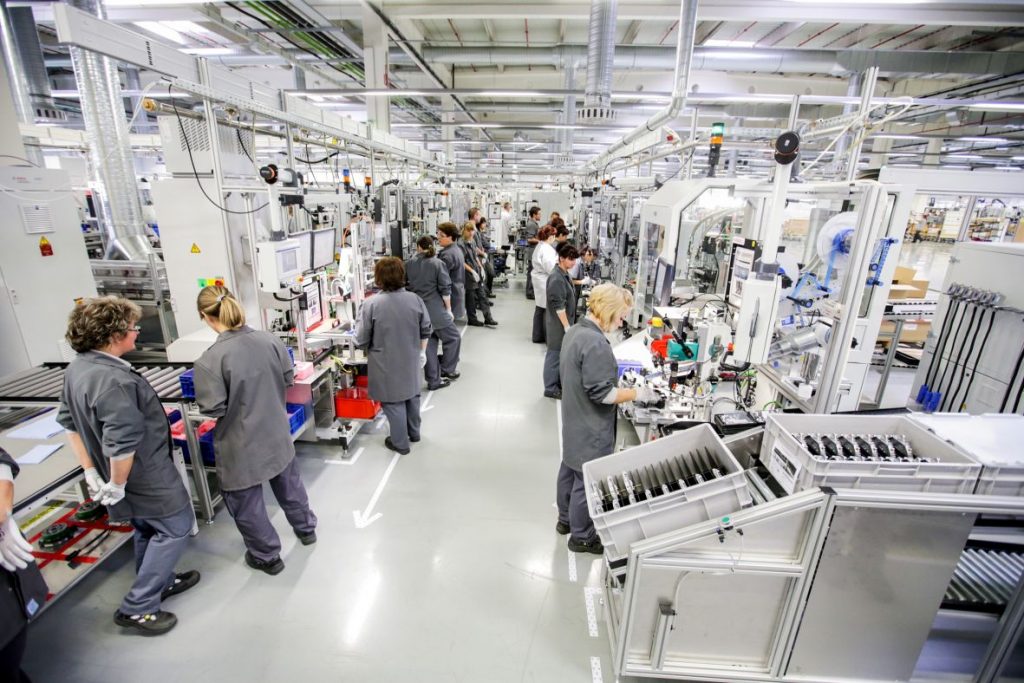
Examining the monthly data, the number of jobseekers dipped below 225,000 in December 2023.Continue reading

Gábor Szőcs, Deputy State Secretary of the Ministry of Finance, emphasized the potential for Hungary to be among European leaders with a 3.6 percent GDP growth this year, projecting a further increase to 4 percent from 2025. Szőcs shared these insights at the fifth annual SME (Small and Medium Enterprises) summit.

Gábor Szőcs, Deputy State Secretary of the Ministry of Finance. Photo: Facebook / Pénzügyminisztérium
In the third quarter of 2023, Hungary successfully emerged from the recession, witnessing a quarterly output growth of 0.9 percent. Although there is an anticipated 0.4 percent year-on-year decrease in output, retail trade figures indicate a positive shift in trend.
Attributing the prolonged crisis post-2020 to the COVID pandemic, the Russo-Ukrainian war, geopolitical tensions, and the energy crisis, the Deputy State Secretary highlighted the government’s efforts to mitigate these challenges. Notable measures include subsidies for SMEs to offset energy expenses and enhance energy efficiency systems. Additionally, an extended interest rate freeze and voluntary loan caps by banks have contributed to these stabilization efforts.
The positive impact of these measures is evident, with a tightening labor market and employment nearing 4.8 million, coupled with low unemployment rates.
The government anticipates average annual inflation to decrease to 5.2 percent in 2024. This moderation in the Consumer Price Index (CPI) is expected to create room for monetary policy flexibility, resulting in lower corporate lending rates and increased investment activity crucial for sustainable economic growth.
Hungary attracted a record EUR 13 billion in foreign direct investment (FDI) last year. The government emphasizes the importance of the sector’s involvement in supply chains, both as suppliers at Tier 1 and Tier 2 levels.
Highlighting the vital role of the SME sector in Hungary’s economy, Mr. Szőcs noted that 99 percent of the country’s companies (approximately 975,000 enterprises) are micro, small, and medium-sized businesses. In 2022, micro enterprises accounted for 40.2 percent of total employment, small enterprises for 16.4 percent, and medium-sized enterprises for 10.8 percent. The sector’s contributions to turnover and value-added in the national economy were 35.4 percent and 43.9 percent, respectively, in 2022 – marking an increase of 19/19 percent from the previous year.
The SME sector played a crucial role in total investment, contributing 31.4 percent, and its export value reached HUF 8,021 billion (EUR 21B), reflecting a 15/15 percent increase compared to 2021.
Via MTI; Featured Image: egerhirek.hu